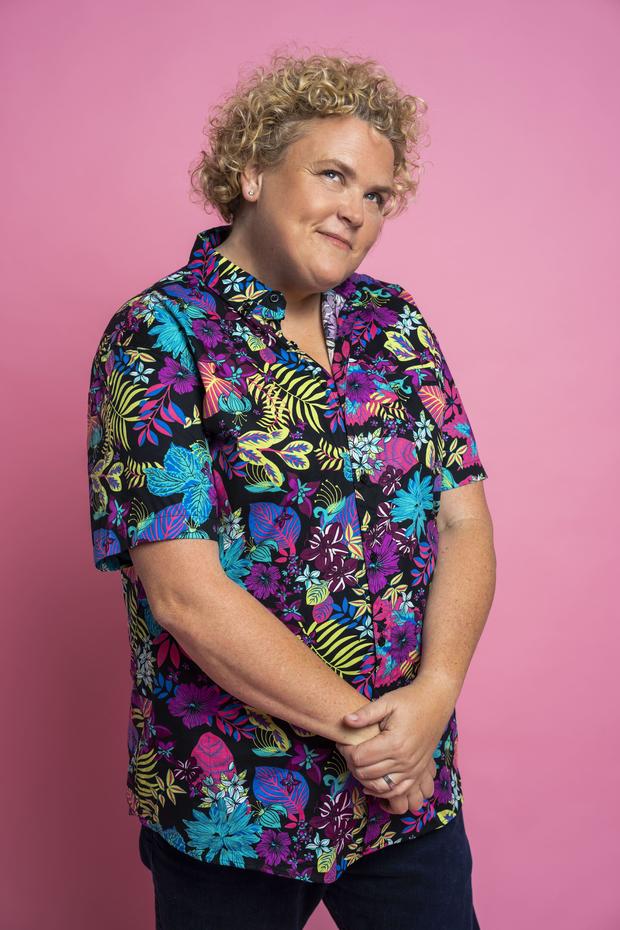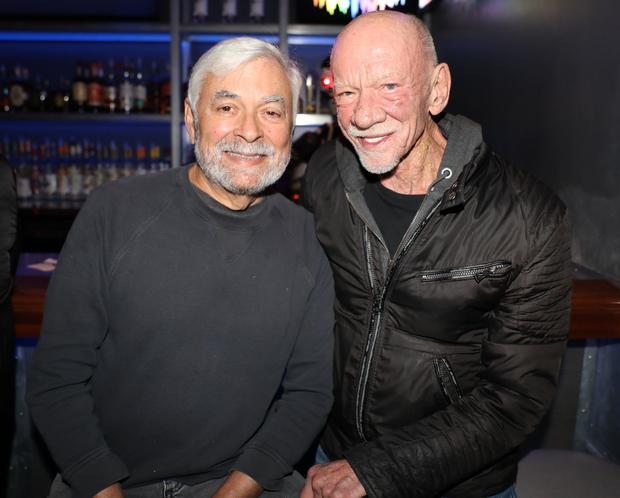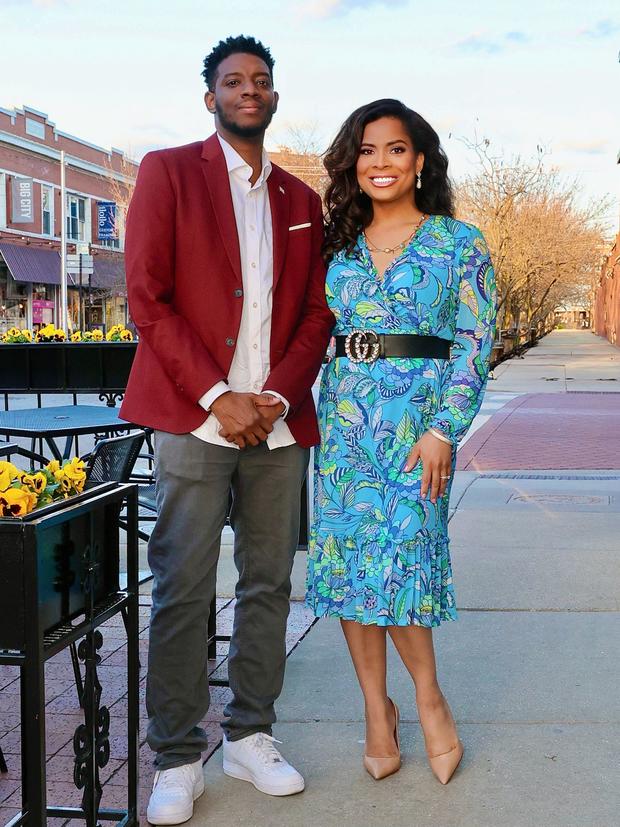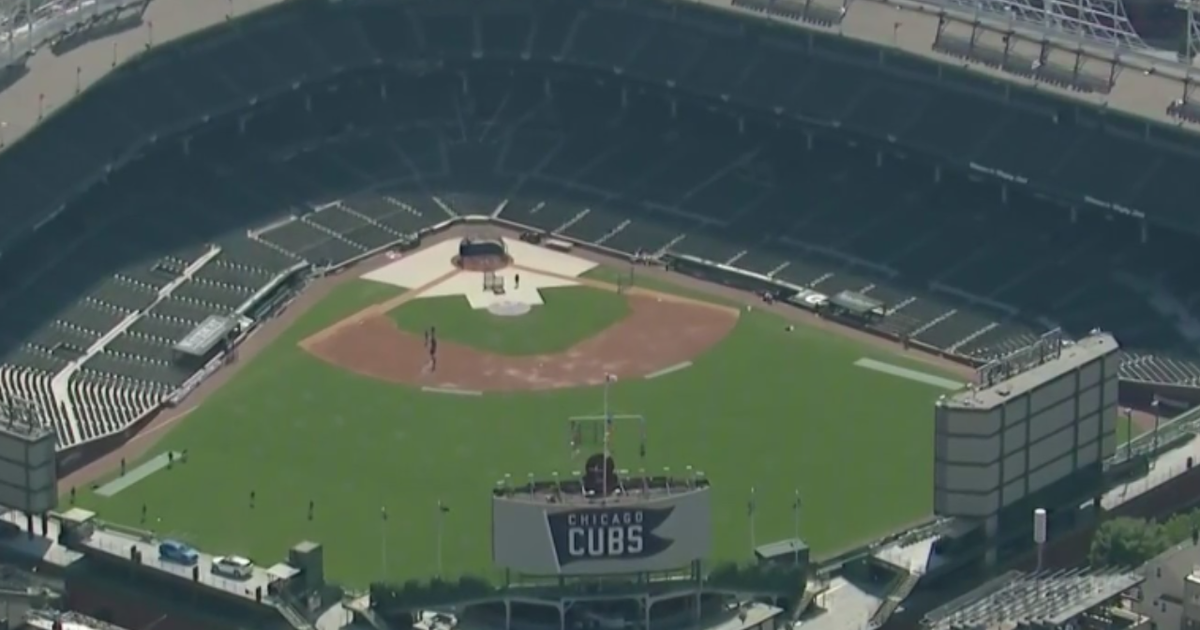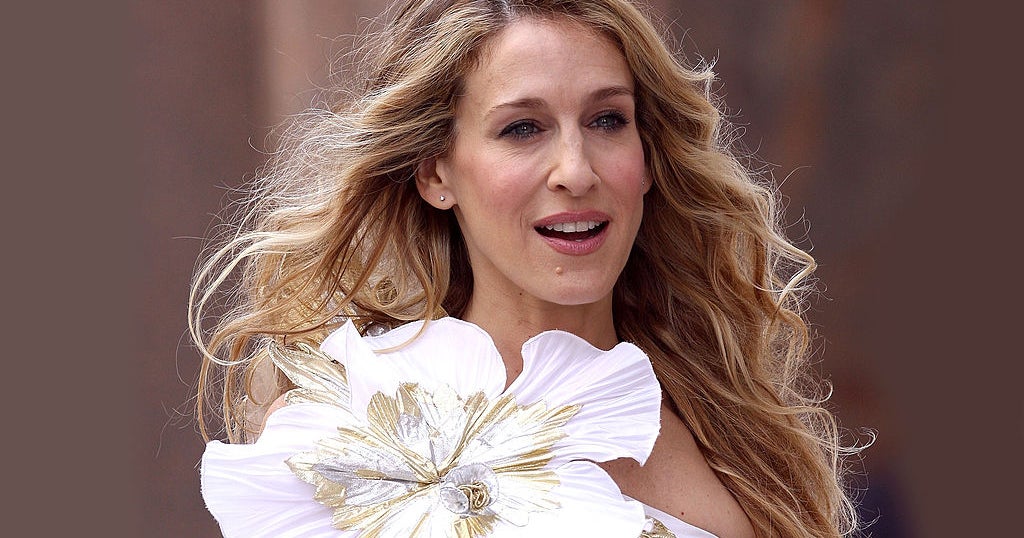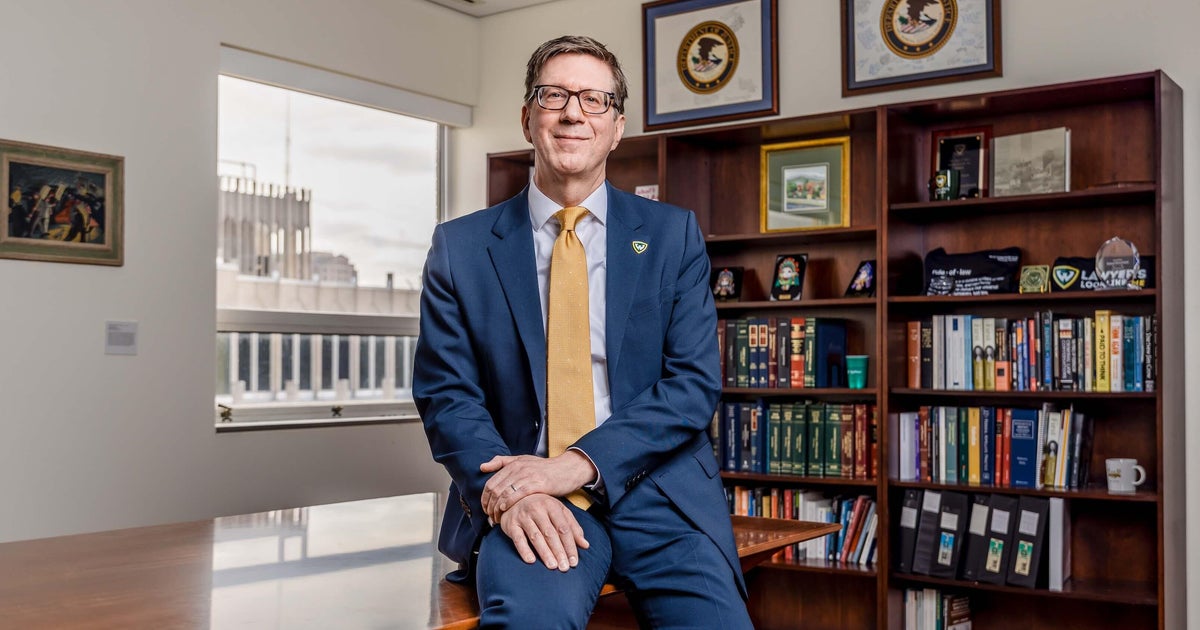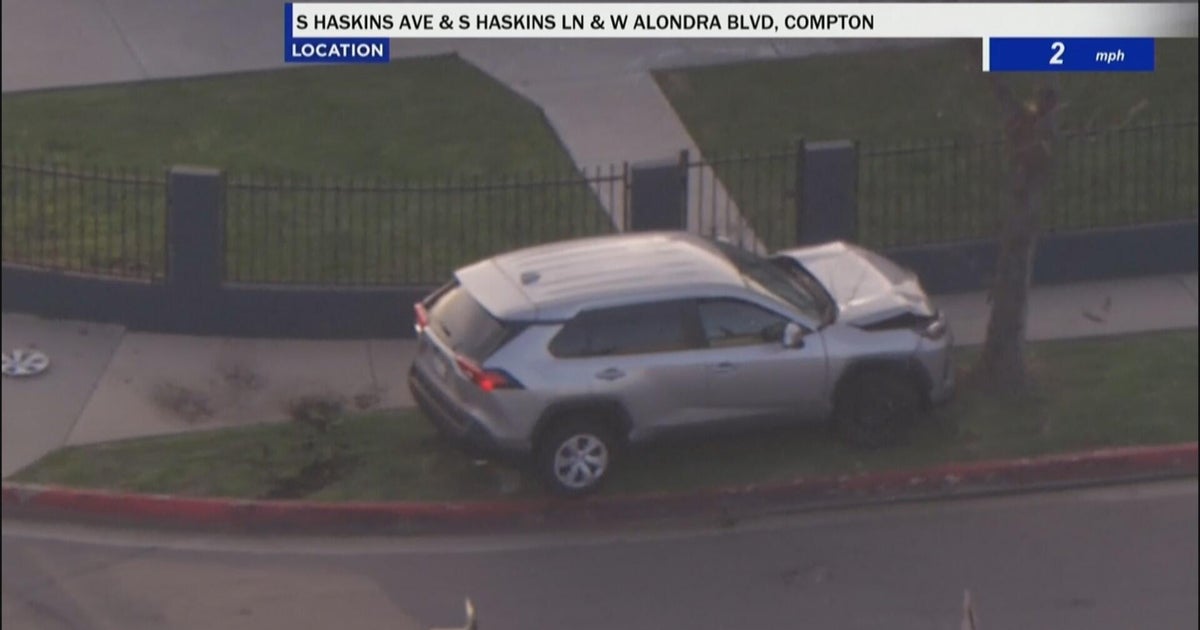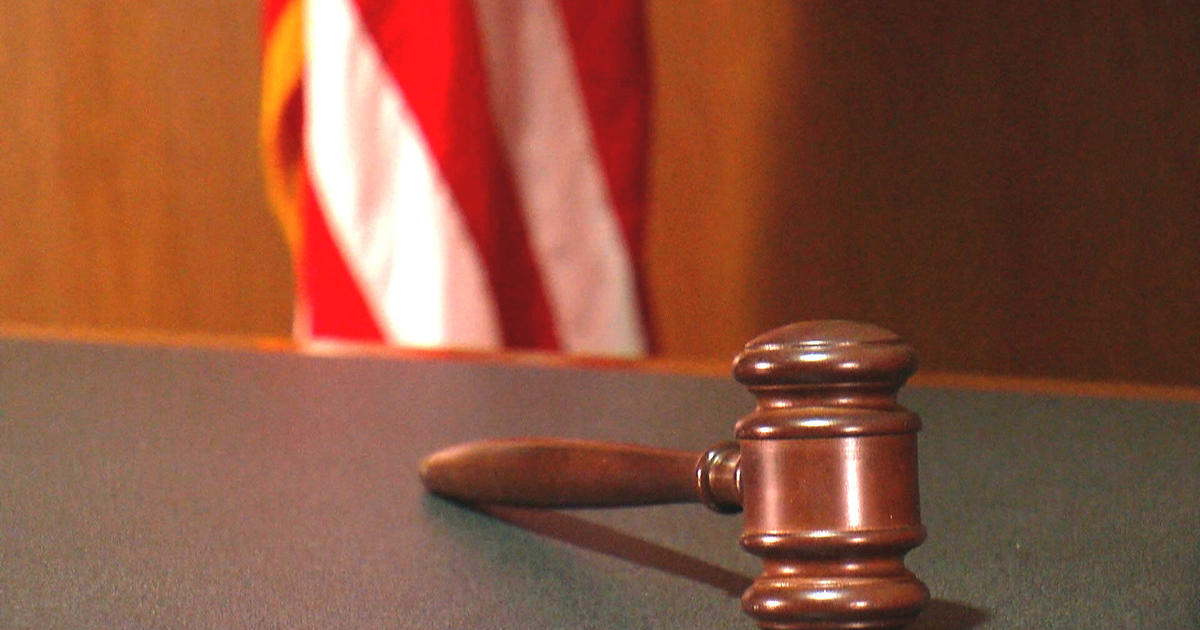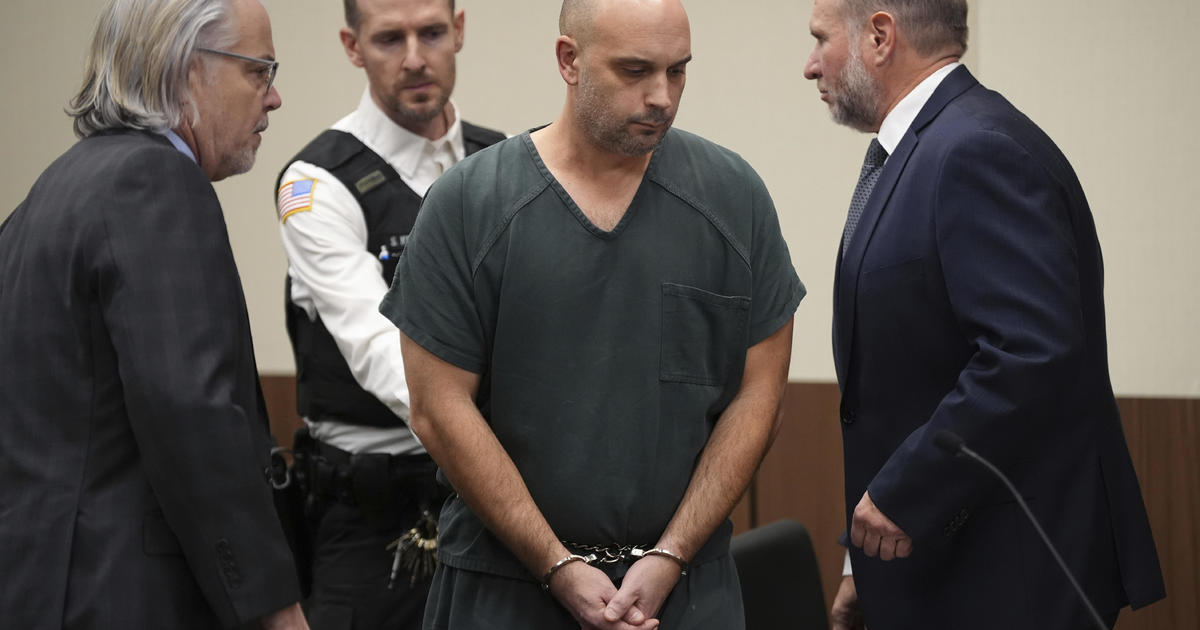Comedian Fortune Feimster, wife Jax Smith to serve as Chicago Pride Parade grand marshals
CHICAGO (CBS) -- The grand marshals for the 2024 Chicago Pride Parade were announced Thursday.
Comedian and author Fortune Feimster and her wife, Jax Smith, will be the grand marshals for this year's parade on Sunday, June 30.
Parade organizer PRIDEChicago said Feimster and Smith will bring "their infectious energy and inspiring love story to the heart of Chicago's LGBTQ+ community."
Feimster, a North Carolina native, is famous for her style of confessional comedy that her website says "shows audiences of all ages, backgrounds, and sexual orientations that common ground is only a joke or two away."
Feimster and Smith met at the Chicago Pride Parade in 2015 – just after the Obergefell v. Hodges ruling by the U.S. Supreme Court secured marriage equality nationwide, PRIDEChicago said. The couple married in October 2020.
"We are honored to be named the Grand Marshals for Chicago Pride," said Feimster said in a news release. "Chicago holds a special place in our hearts—it's home to a great comedy scene and home to the best audiences. It's also where Jax and I first met nine years ago, during Pride. As we celebrate our community and our anniversary, it feels like a beautiful full-circle moment."
Feimster's Netflix standup specials, "Sweet & Salty" and "Good Fortune," have won Critics' Choice Awards nominations and other accolades. She also co-stars with Arnold Schwarzenegger in the Netflix comedy series "FUBAR," and hosts the podcast "Handsome" with Tig Notaro and Mae Martin.
Two other couples will be joining Feimster and Smith as community grand marshals.
One of those couples will be activist and Sidetrack bar owner Art Johnston and his partner in life and business, José "Pepe" Peña. They founded the now-famed Sidetrack bar, at 3349 N. Halsted St., in 1982—a time when hostility from authorities was commonplace.
"Right out here in front of Sidetrack in 1984, I had a cop, who said to me, 'Are you the f***ing f** who owns this f***ing f** bar?'" Johnston told CBS 2's Brad Edwards in 2021. "And he said, 'We got too many f*** in this part of town. I'm shutting you down.' And he threw me in jail."
What began as a bar with no sign evolved—expanding its space and also its offerings to showtunes, slushies, and Long Islands. And it was the backdrop for legislative agendas that have now largely been won.
Johnston and Peña are also nationally-recognized LGBTQ+ civil rights leaders. Johnston was an important organizer in the push to pass human rights legislation in Chicago and Cook County, and he was a cofounder of the Illinois Federation for Human Rights— now Equality Illinois.
The couple is also the subject of the award-winning documentary, "Art and Pep."
Also serving as community grand marshals will be community organizers Myles and Precious Brady-Davis. Myles Brady-Davis is the communications director of Equality Illinois, while Precious Brady-Davis last year became the first Black transgender person to be appointed to public office in Cook County—as a commissioner on the board of the Metropolitan Water Reclamation District of Greater Chicago.
Precious Brady-Davis is also the author of the memoir, "I Have Always Been Me." She also serves as the associate regional communications director of the Sierra Club.
"For over 50 years the Chicago Pride Parade has been a source of inspiration, collective strength, and a moniker of our past and present," Precious Brady-Davis said in the news release. "The birth of our movement started with Black and brown trans folks at the center, and we intend to honor that legacy and stand on their shoulders at this moment."
Changes coming to Pride Parade this year
The Pride Parade steps off at 11 a.m. June 30 – an hour earlier than usual. There will also be fewer participants than in past years – organizers last month said the parade would be smaller than in years past due to the city's concerns with safety.
The Mayor's Advisory Council on LGBTQ+ Affairs and Chicago Pride organizers have called on Mayor Brandon Johnson to restore the parade to its original capacity. They noted that the first pride march in occurred just a year after the Stonewall riots in New York, and Chicago was one of the first four American cities to have such an event.
The plans to scale back the annual event came as the city continues to grapple with reduced police staffing after the pandemic left the department with 1,400 fewer officers than it had in 2020, according to a CBS Data Team analysis of Inspector General data.
The parade begins at Broadway and Montrose, and proceeds south and southeast on Broadway, south on Halsted Street, east on Belmont Avenue, south on Broadway again, and east on Diversey Parkway before ending in the park of Lincoln Park.
The theme for this year's parade, announced last month, is "Pride is Power." The parade this year will highlight the role the parade has played over the years in creating visibility and advocating for change in Chicago and the surrounding area's LGBTQ+ community, organizers said.
The Chicago Pride Parade started on June 27, 1970, as a march from Bughouse Square at Dearborn and Walton streets to what is now the Daley Center downtown. It was intended to commemorate the uprising at the Stonewall Inn tavern in New York City's Greenwich Village neighborhood a year earlier.
The route has changed many times over the years, but has at least started in the East Lakeview area since the second parade in 1971. The parade was not held in 2020 or 2021 due to the COVID-19 pandemic, but has been back strong as ever since 2022.

